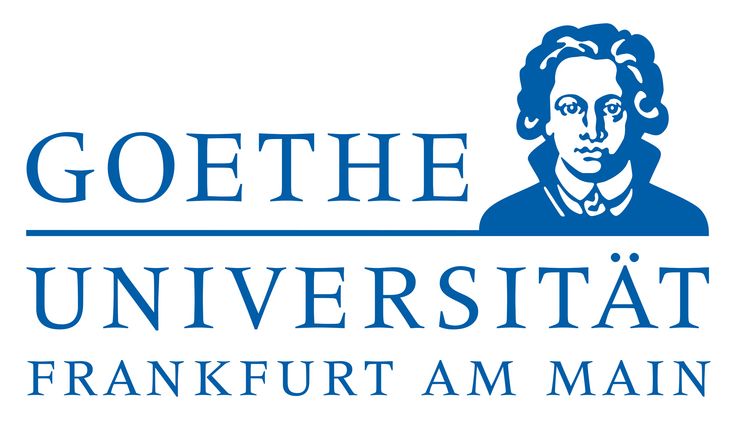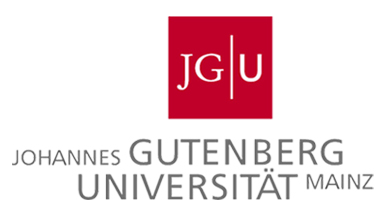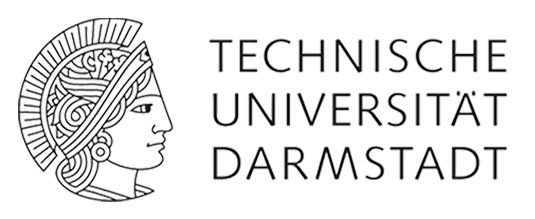Education:
Ph.D., GSEFM, Goethe University Frankfurt, 2022 (expected)
M.Sc., Economics, Goethe University Frankfurt, 2015
B.A., International Economic Relations, Moscow State University of International Relations , 2013
Fields of Specialization:
Dynamic Macroeconomics, Public Finance, Education Economics, Computational Economics, Labor Economics
Job Market Paper:
Public Transfers, Taxes and Educational Attainment:
An Intergenerational Perspective
Abstract: Using a quantitative overlapping generations model with intergenerational links via human capital formation and wealth transfers calibrated to the US economy, I explore aggregate, welfare and distributional implications
of reforming the degree of progressivity of the current tax and transfer system.
An explicit modeling of endogenous parental investment decisions into the child human capital allows me to identify a novel three way tradeoff that the government faces when designing an optimal tax and transfer system. On
the one hand, a higher degree of progressivity has a positive budgetary effect on the recipient parental households (current generations effect). On the other hand, a more progressive tax and transfer system reduces effective returns to
parental investments into the child human capital (future generations effect). Finally, the relative strength of the current generations effect versus the future generations effect crucially depends on the way the government budget is
cleared (government budget effect).
Understanding and quantifying this three way tradeoff is important for correctly assessing the long-run welfare and distributional implications of tax and transfer reforms, in general, and of anti-poverty policies, in particular.
Based on the quantitative model I find that increasing the progressivity of marginal tax rates distorts the aggregate human capital accumulation in the economy more than increasing the progressivity of average tax rates (i.e. public transfer
expansions) when financed via labor income tax adjustments. Additionally, if an increase in the progressivity of average tax rates is financed via increasing the consumption tax rate the overall effect on human capital accumulation turns
out to be positive which is crucial for the sign of the average welfare effect.




